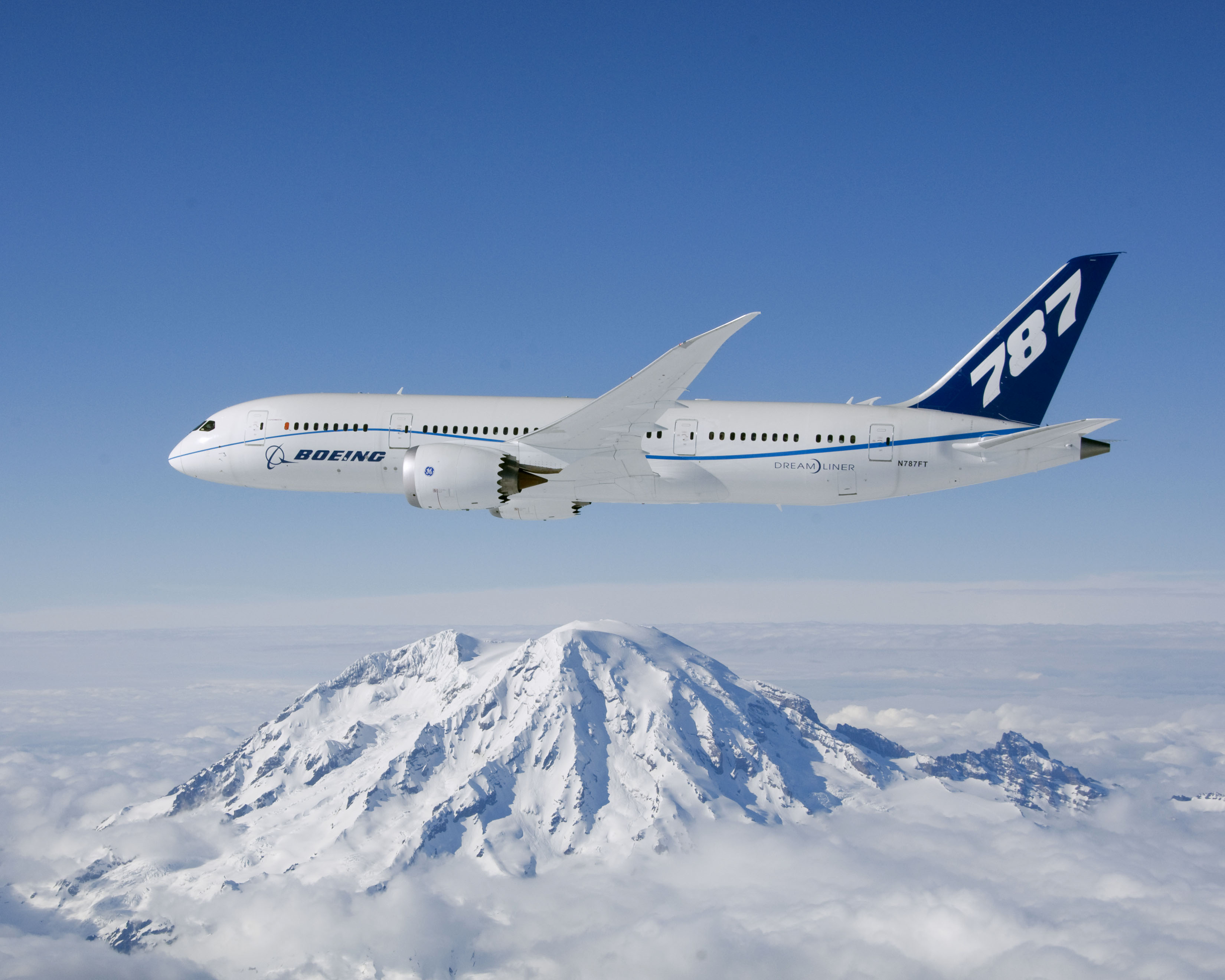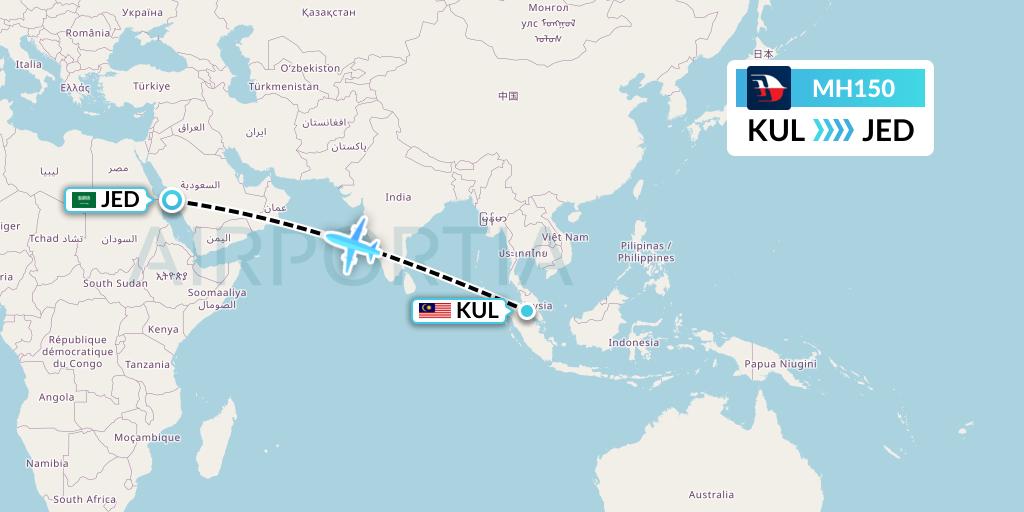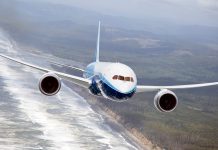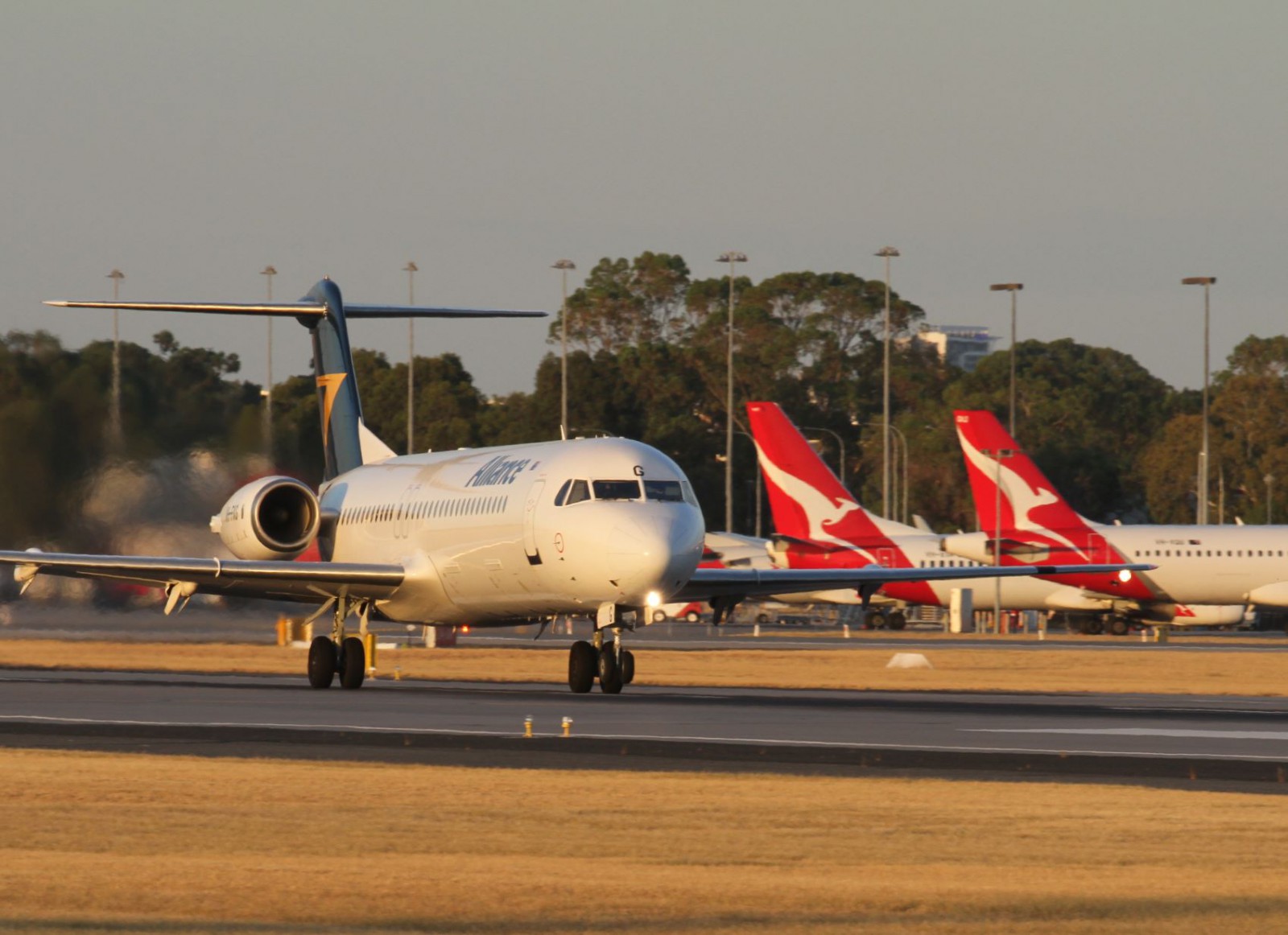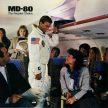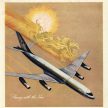The Australian Competition and Consumer Commission has warned that airfares are set to rise as the price of oil and passenger numbers take off.
The watchdog’s latest Airline Competition in Australia report revealed the number of passengers flying domestically in April was the highest since the pandemic began. But it warned that jet fuel prices had surged to record levels and airfares were set to increase in coming months.
The quarterly report, released on Wednesday, showed 4.5 million passengers flew with Australia’s domestic carriers in April, which is 89 per cent of pre-COVID levels.
ACCC commissioner Anna Brakey said that after two challenging years, it appeared the domestic airline industry was approaching a full recovery.
That recovery is most robust in WA with seven Perth routes, mostly interstate, reporting the highest load factors across the country in April and more than 90 per cent of seats filled.
The ACCC said the high load factors reflected pent-up demand for travel to and from the State following the reopening of its borders in March.
SEE the podcast: Flight Safety Detectives dissect the Netflix doco “Downfall”.
READ: Boeing will bounce back says world’s largest leasing company
READ: Ukraine’s President wants to build another AN-225
But the surge is traffic has hit turbulence with on-time departures over Easter dropping to 62 per cent, the lowest point on record, due to COVID-related workforce shortages and staff absences.
“Airlines and airports enjoyed strong demand at Easter, but the combination of high passenger numbers and staff shortages created operational challenges for them,” Ms Brakey said.
The ACCC said that monthly jet fuel prices hit an all-time high last month, with Qantas subsequently revising down its capacity forecast from 107 to 103 per cent of pre-pandemic levels for July and August, which will force up fares.
It added, however, that Virgin, Qantas and Jetstar reported they expect to be flying at or above pre-pandemic levels in the coming months.
Qantas reports that demand for business travel is recovering faster than expected, with small business demand above pre-pandemic levels and larger corporate traffic at 85 per cent in May.
“A sustained recovery over the coming years will improve the financial health of the domestic airline industry and help secure the additional competition we’re seeing from new and expanding airlines,” Ms Brakey said.
The ACCC also warned that it would be monitoring airlines’ response to the new “ultra-low-cost” carrier Bonza, which is due to launch operations in the second half of 2022 flying 27 routes, the majority of which are currently not served.
The watchdog also noted that while discount airfares briefly hit an 11-year low in late-April it expects airfares to rise over the coming months.
“While travellers have benefitted from generally low airfares over the past year as airlines encouraged people back to the sky, historically high prices for jet fuel means we are starting to see fares rise again,” Ms Brakey said.
“We will be monitoring the airlines’ pricing behaviour and looking out for conduct that may harm competition to the detriment of consumers. This will be increasingly relevant as the industry enters a more stable period after the disruption caused by COVID-19.”
In April, almost two million passengers flew on routes serviced by all three competing airline groups — Qantas (including Jetstar), Virgin and Rex.
“We know that passengers are the winners when flying on routes where the Qantas Group, Virgin and Rex are all vying for customers,” Ms Brakey said.
The ACCC said that the reopening of WA’s borders helped Qantas increase its market share.
Qantas carried the most domestic passengers in April at 37 per cent, up from 31 per cent in January. Virgin’s share fell to 31 per cent and Rex’s remained steady at 4 per cent.
Qantas and its subsidiary Jetstar together carried around two-thirds of all domestic passengers in April.


